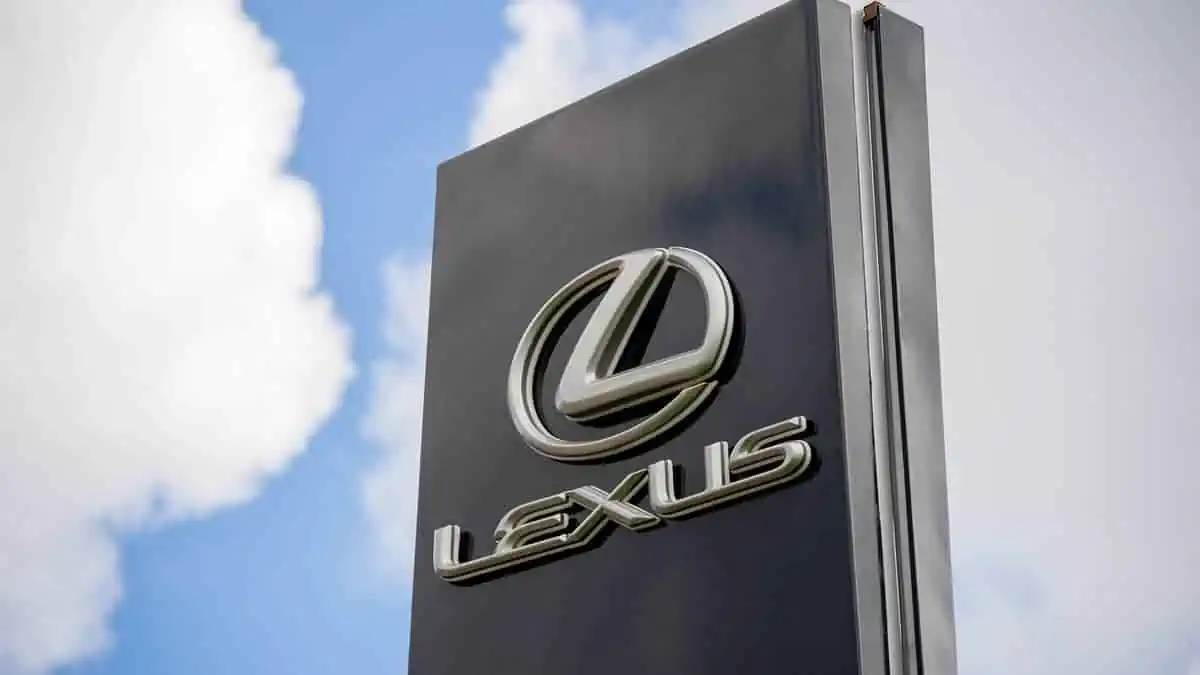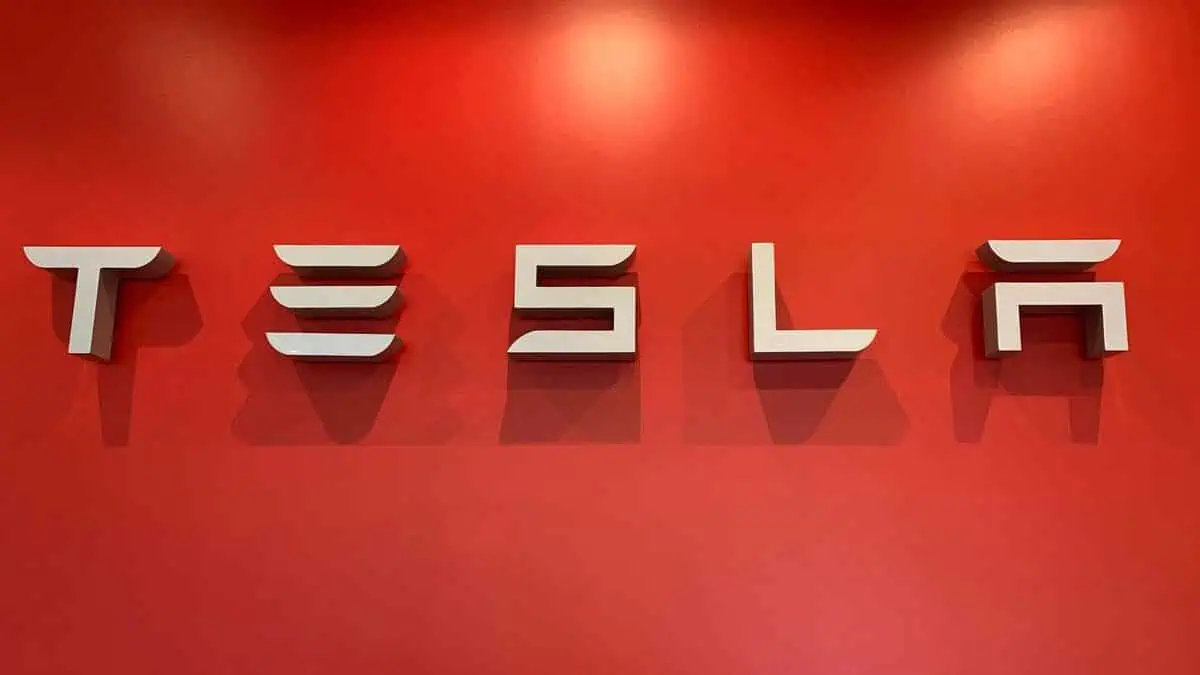Japanese luxury brand Lexus is set to lead its parent company Toyota in adopting the innovative production process called “Gigacasting”.
According to Automotive News, Lexus President Takashi Watanabe announced plans at the Japan Mobility Show to employ the Gigacasting technology for the new LF-ZC production.
The LF-ZC
Lexus revealed the LF-ZC’s concept photo at the prestigious auto show in Japan, indicating that the production model may arrive in 2026. Some of the photos are also available on the brand’s official website.
“Gigacasting will play a very big role in the LF-ZC, as we want to drastically simplify the manufacturing process of our next-generation EV.”
Lexus President Takashi Watanabe
Notably, LF-ZC stands for “Lexus Future Zero-Emission Catalyst.” The brand may base the LF-ZC on the RZ line’s prior development, which debuted in early 2023.
What is Gigacasting?
KKB noted that Gigacasting is originally Tesla’s innovative technique in producing its electric vehicles that only use fewer but larger cast parts.
Basically, the process involves creating a vehicle frame and structure from as few parts as possible to boost production efficiency and minimize mistakes.
For context, the traditional production process requires the manufacture of hundreds of parts to be combined to build the entire structure.
Significance
Adopting Tesla’s pioneering Gigacasting technology poses multiple benefits for the future of electric vehicle production.
The technique makes the vehicles’ body lighter as it cuts thousands of fasteners and acres of adhesive, which can boost the range.
It may also make EVs more affordable as it significantly optimizes automakers’ production process and overall efficiency. In effect, it can accelerate the global shift to electric vehicles.
In fact, multiple automakers have already announced plans to explore the Gigacasting tech, including Volvo, Hyundai, Ford, General Motors, and Toyota.
The launch of the new Lexus LF-ZC is crucial for the brand to achieve its goal of becoming an all-electric brand by 2035. Apart from Tesla’s Gigacasting technique, Toyota and Lexus also committed to adopting the industry leader’s NACS plug. These moves only demonstrate Tesla’s major influence in the entire electric vehicle industry.






